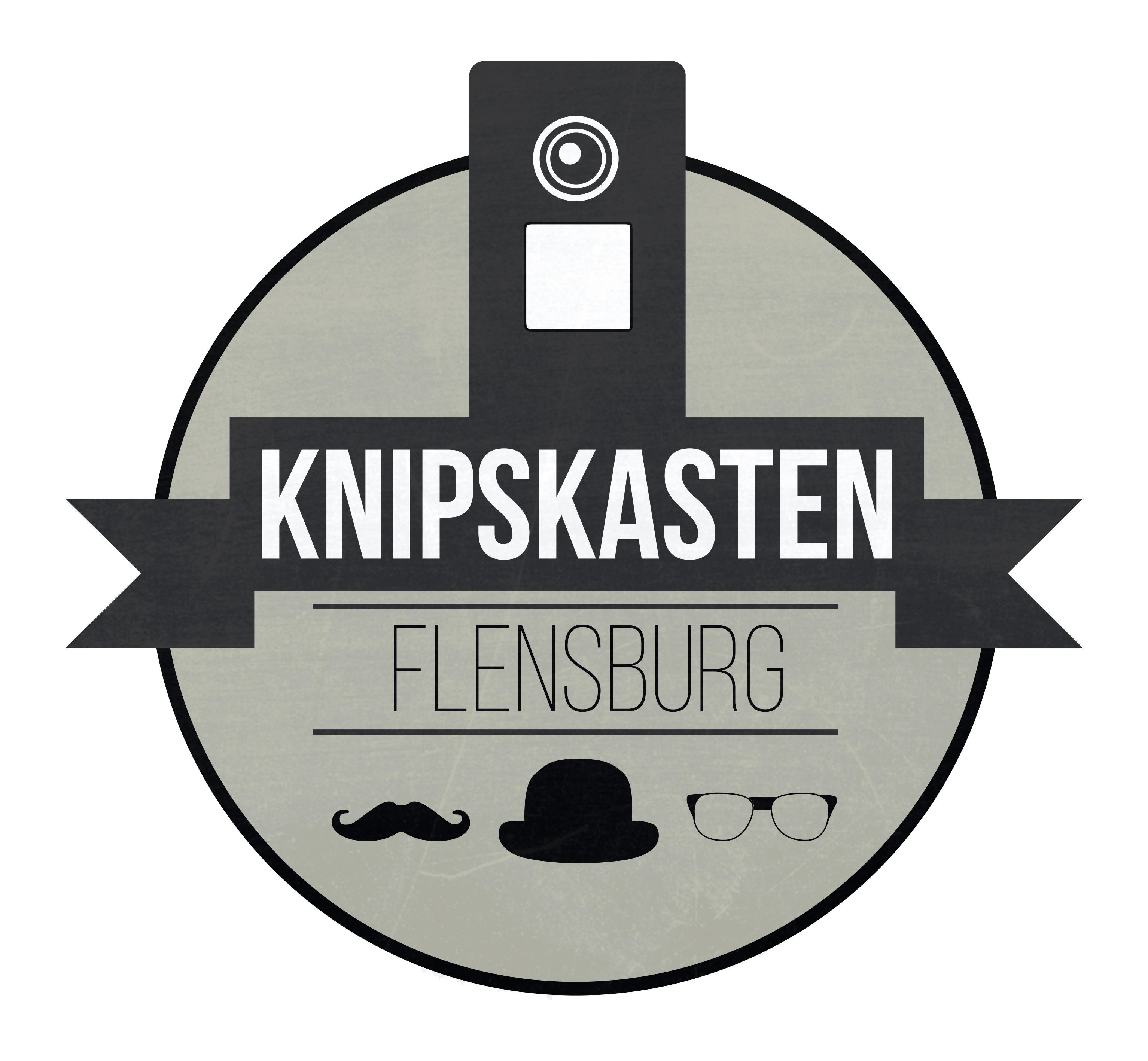- 1 | Celine Arthofer
- 2 | Samira Gratz
- 3 | Lisa Greibl
- 4 | Carina Jessenitschnig
- 5 | Lena Krautzer
- 6 | Leonie Lackner
- 7 | Alissa Lamzari
- 8 | Hannah Madrian
- 9 | Julia Mak
- 10 | Anna Malle
- 11 | Bianca Oberrauner
- 12 | Franziska Oraže
- 13 | Romina Picej
- 14 | Pia Picej
- 15 | Fabiana Trevisan
- 16 | Maddalena Trevisan
- 17 | Alena Wieser
Team Koroška/Kärnten at EUROPEADA
Carinthians of Slovenia already participated with a womens team at the EUROPEADA of 2022 and obtained the 1st place.
The Carinthian Slovenes in Austria
The “Team Koroška/Kärnten” is the representative team of the Slovenian minority in Carinthia - Austria.
Traces of their relatives date back to the 6th century, when a Slavic national territory was established. It was named “Karantien”. Over a whole century this territory remained independent, until it was threatened by the advancing Avars. The assault was indeed fended off with the support of the neighbouring Baiuwarii, nevertheless the territory got never back its old independence. The allies took in possession the most precious properties and sent their own farmers into the country for treatments. This led to a shift of the German-Slovenian language border towards South within the next centuries and remained nearly unchanged from the 15th until mid of the 19th century. Along this language boundary and beyond the people stayed in contact through commerce and trade and therefore they had the opportunity to learn several languages. At the beginning of the 19th century the newspapers, such as the “Carinthia” in Carinthia, achieved an essential role within the development of languages due to the invention of the printing. During the first years of appearance the articles were both published in German and Slovenian. With the emergence of the nationalisms within the second half of the 19th century, the nations substituted the multi-ethnic states and only people who knew their languages belonged. The language became somehow the interacting and excluding element. Language conflicts were preprogramed and the peaceful coexistence between the German speaking North and the Slovenian speaking South was disturbed. By this time, nearly a thigh third of the population of Carinthia`s mother tongue was Slovenian.
During World War 1 a range of Carinthians of Slovenia were pursued and arrested, already the confessing to be a Slovenian was sufficient for accusation of high treason. After breakdown of the monarchy, the Kingdom of Serbia, even Croatia and Slovenia claimed parts of Carinthia, enforced within armed disputes against the voluntary Carinthian associations. The peace conference of Paris discussed the controversial crossroads issues in the newly established Austria. In May 1919 for the territory around the valley of Klagenfurt it was decided to held out a popular assembly. The preparations were marked by intense propaganda campaigns. At the decision on the 10th October 1920 Austria ended up in a 59% to 41% in favour of Austria, because the territory of the election was mainly inhabited by Slovenians. The contract of St. Germain guaranteed the Slovenian speaking minority the entire equality and also the right in using and caring the mother tongue. Nevertheless, the implementation was painful and took quite long; too much has been happened on both sides. An example of this difficult approach is the long-standing boundary sign fight. Nowadays the minority rights of the Carinthians of Slovenia are recognized and people live predominantly conflict free and peaceful together. The ethnic group of the Carinthians of Slovenia has declined nearly about two-thirds and counts more than 13.000 according to the population census, an inquiry on the slang of 1991 reports 50.000 people.
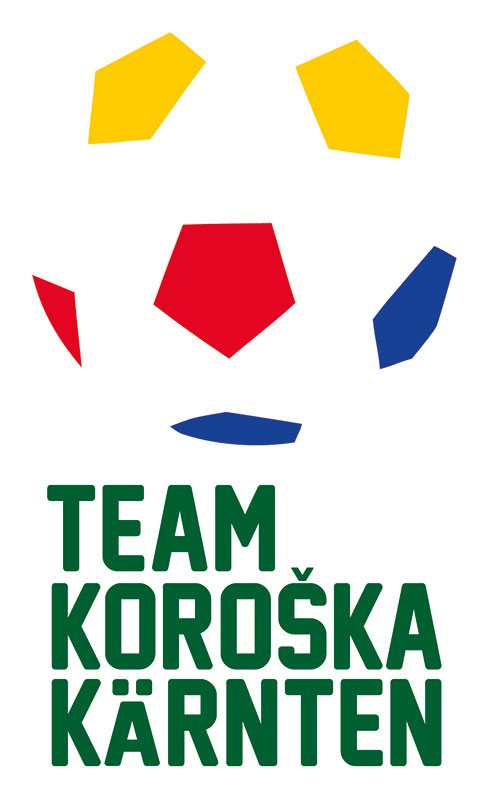
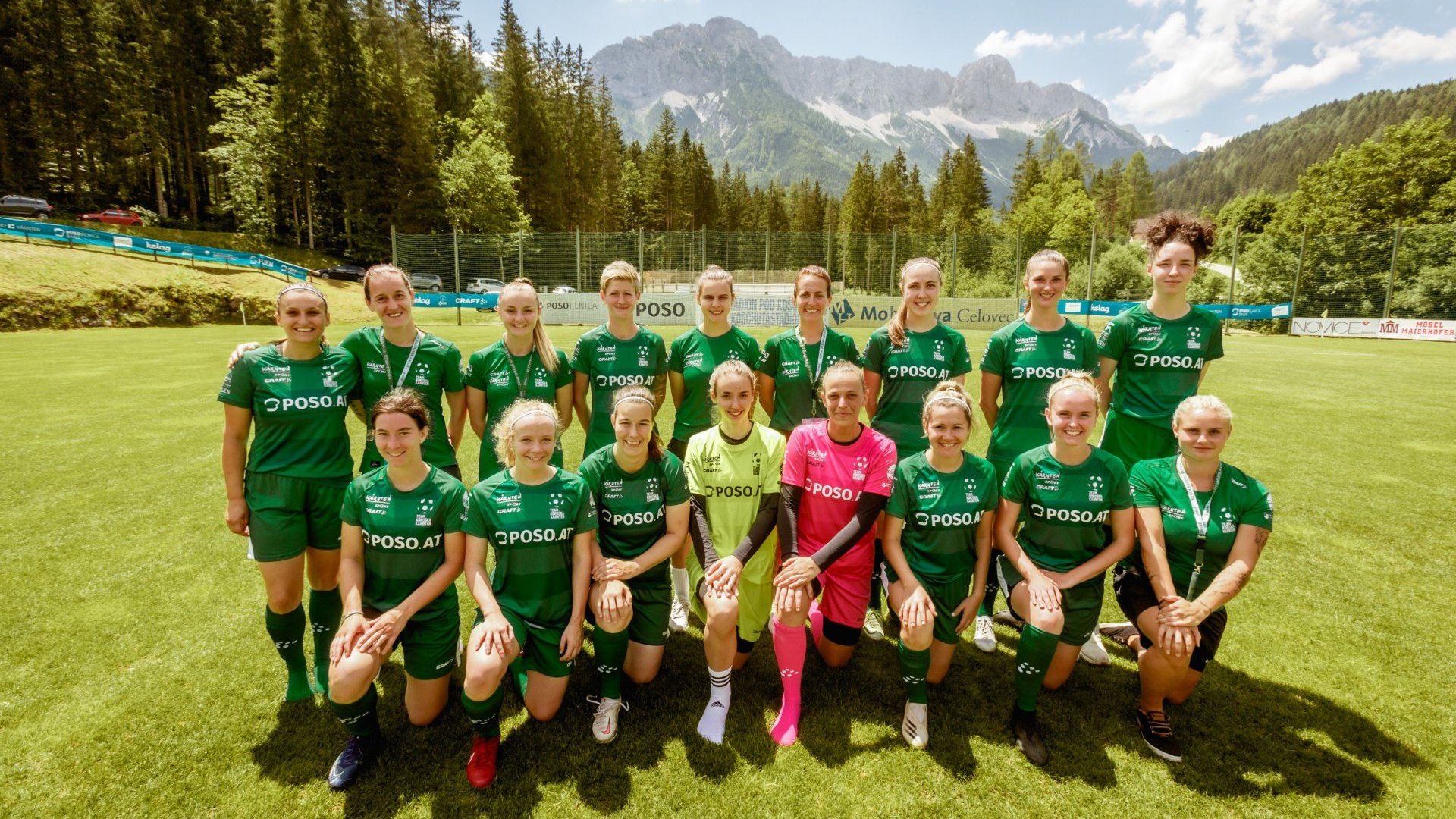



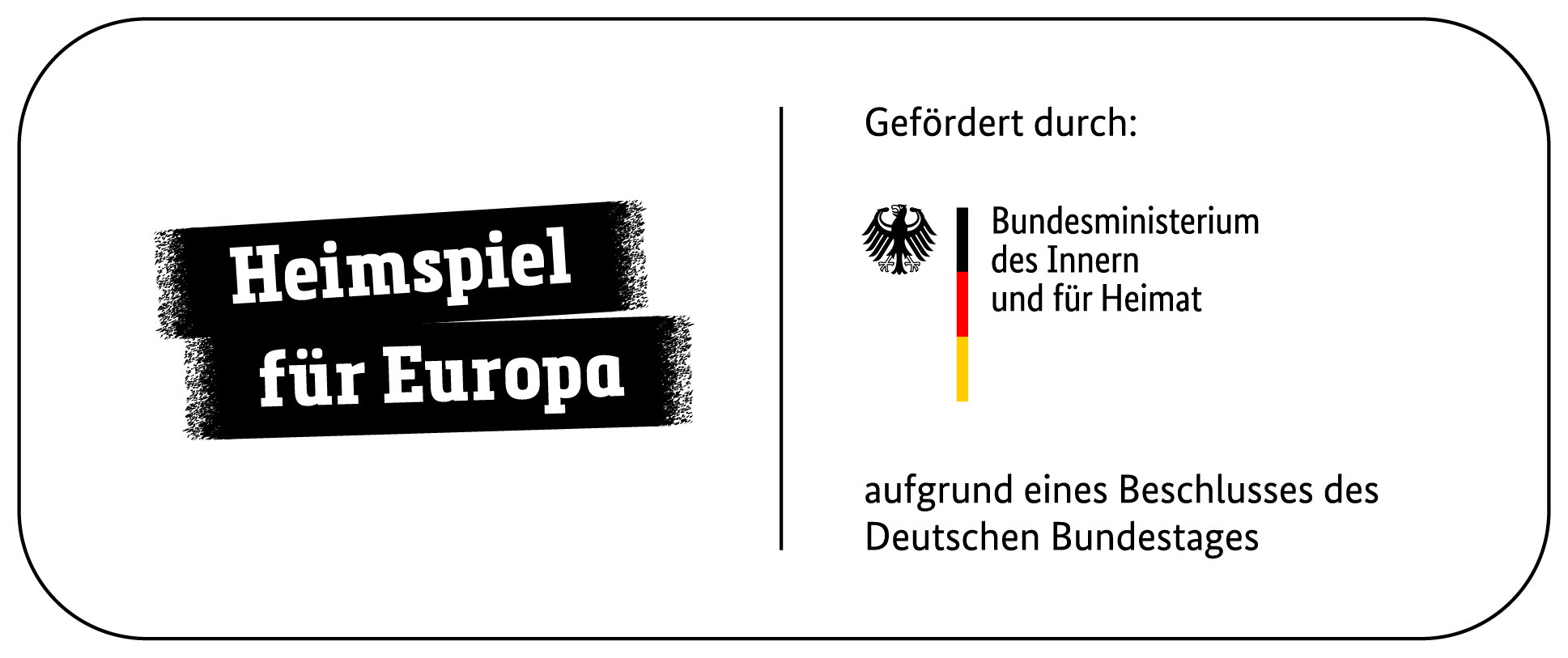
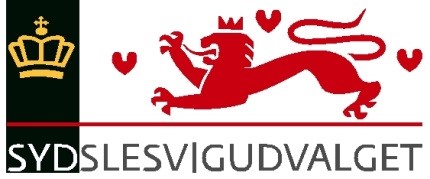



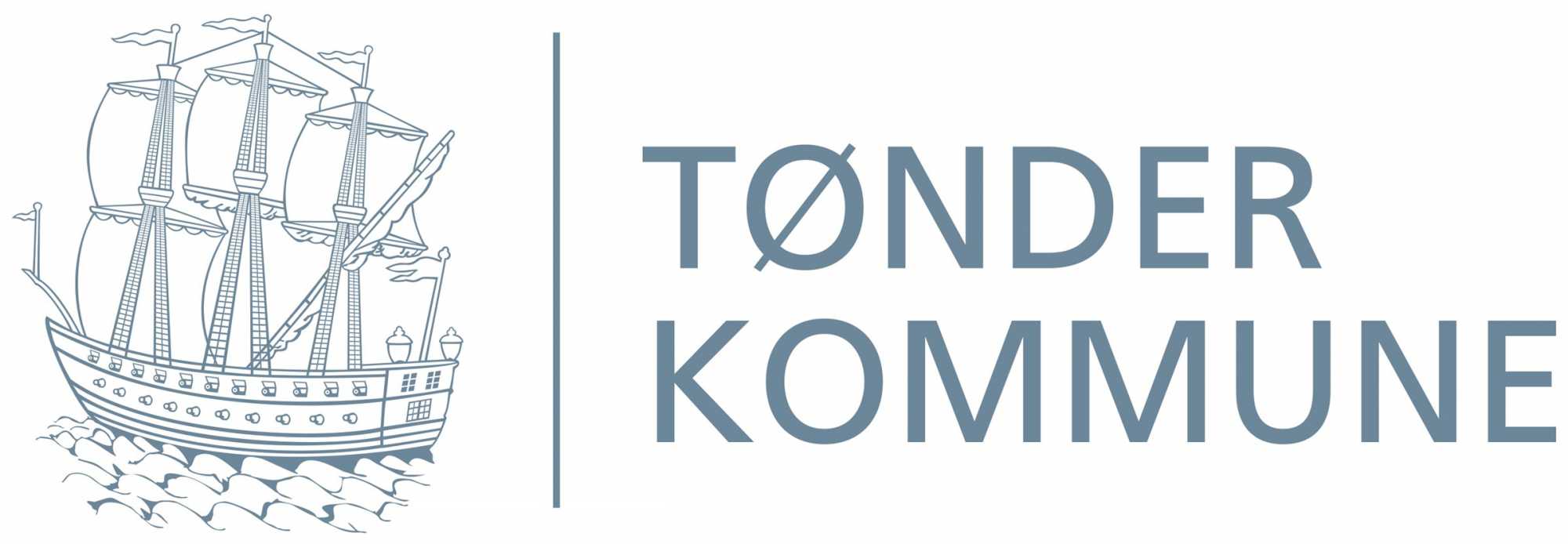
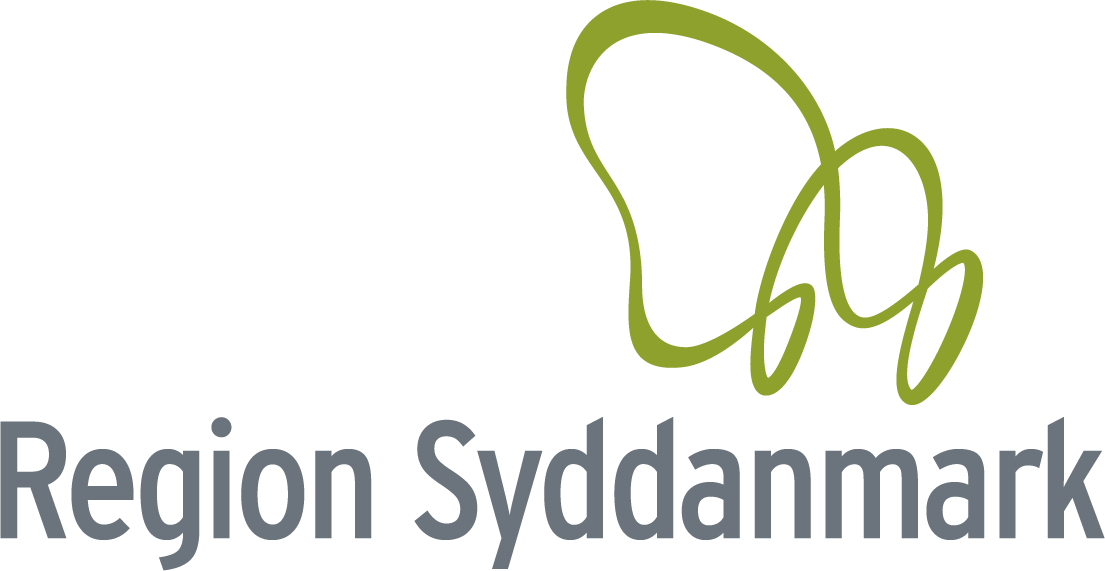
.png)



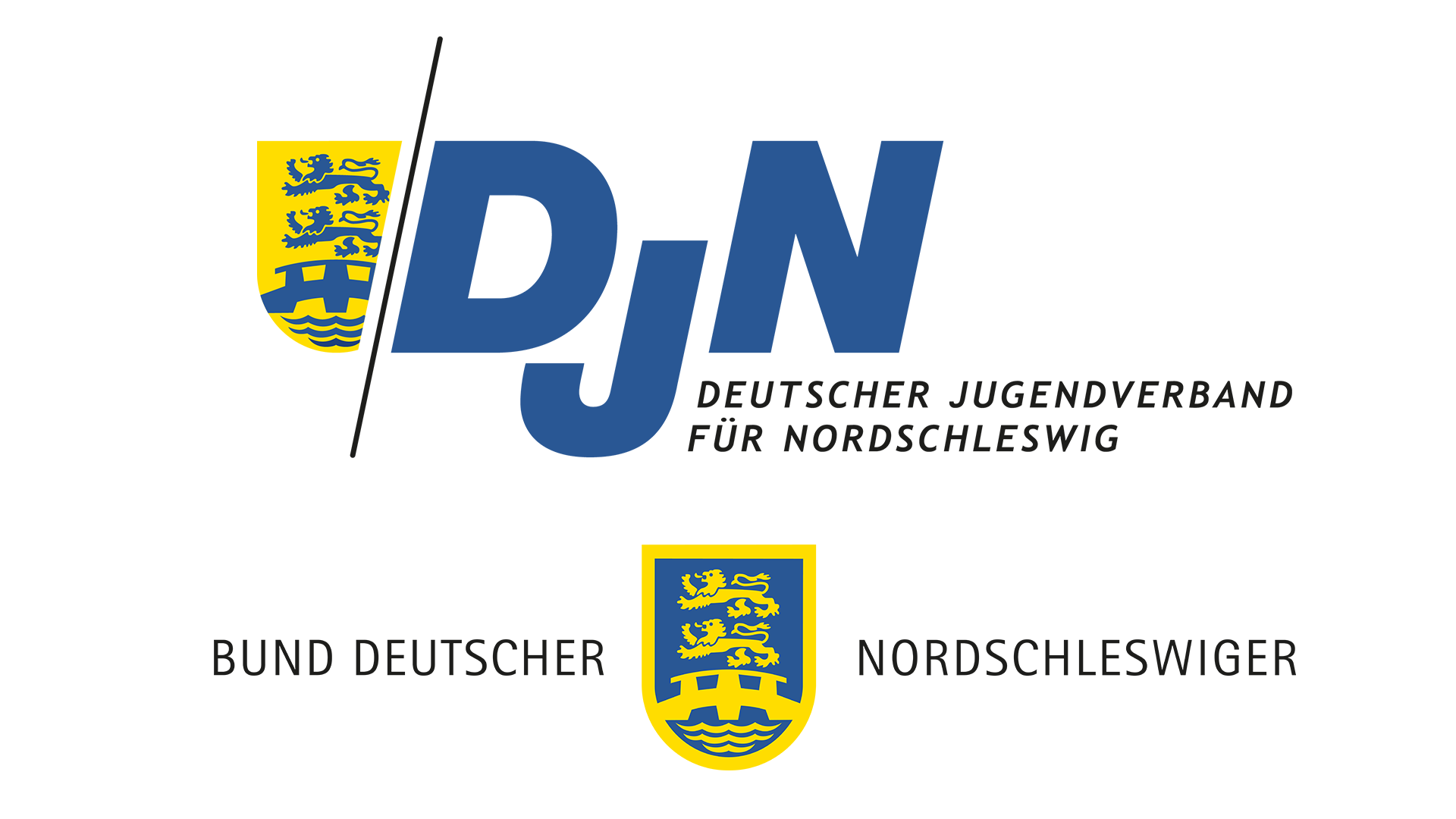
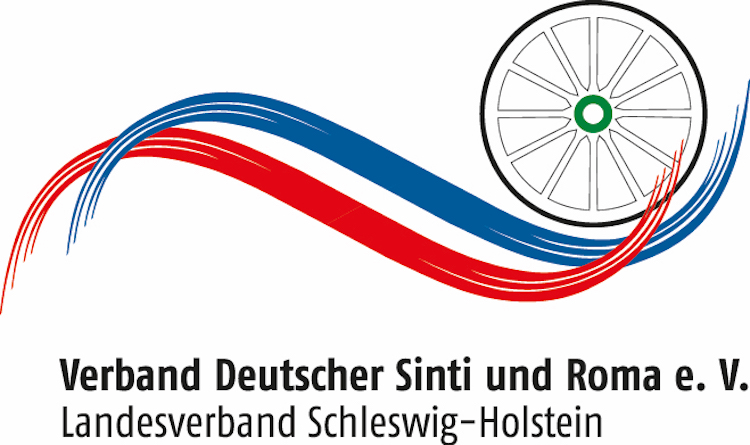

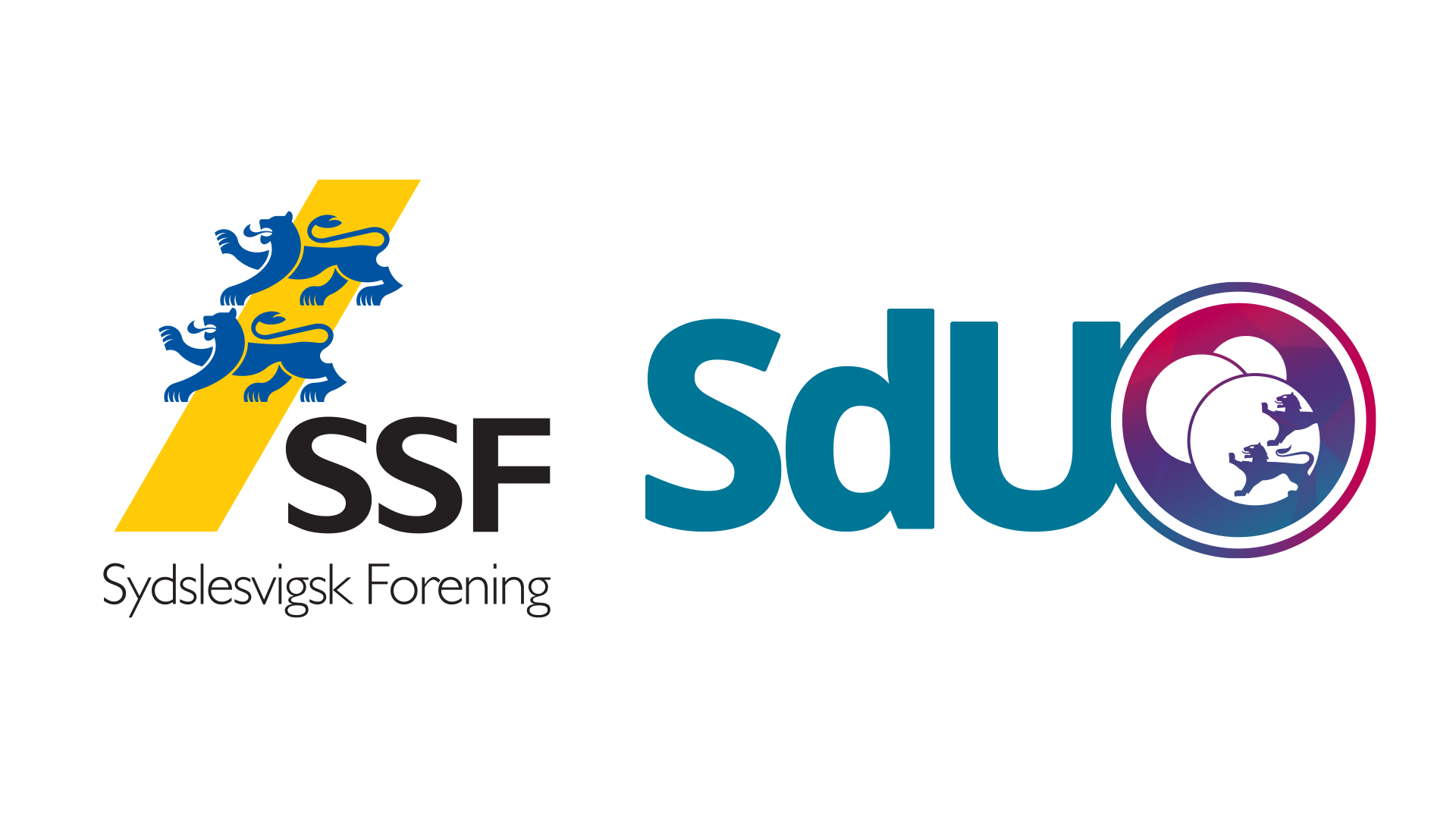


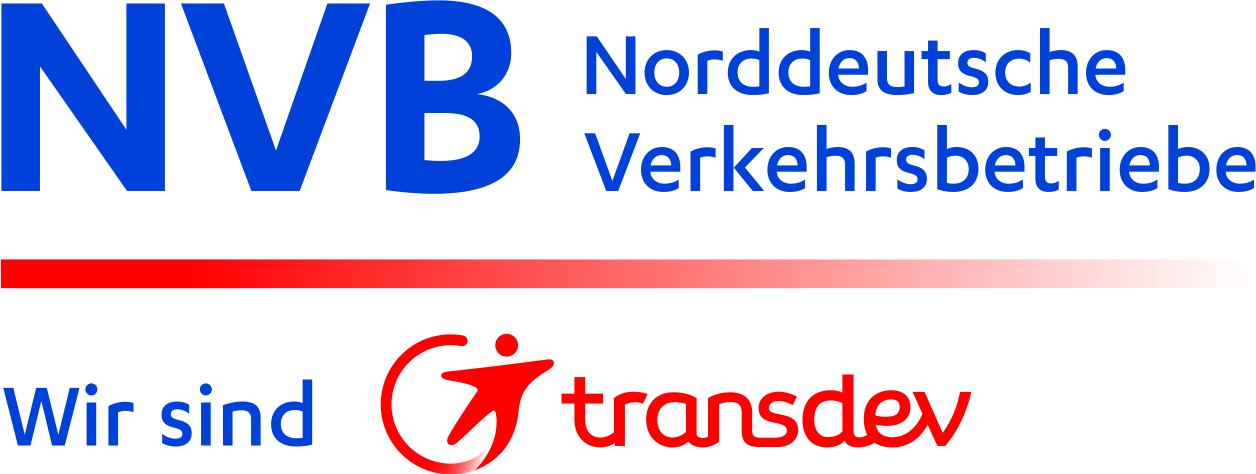







-1.png)
_(1).png)
